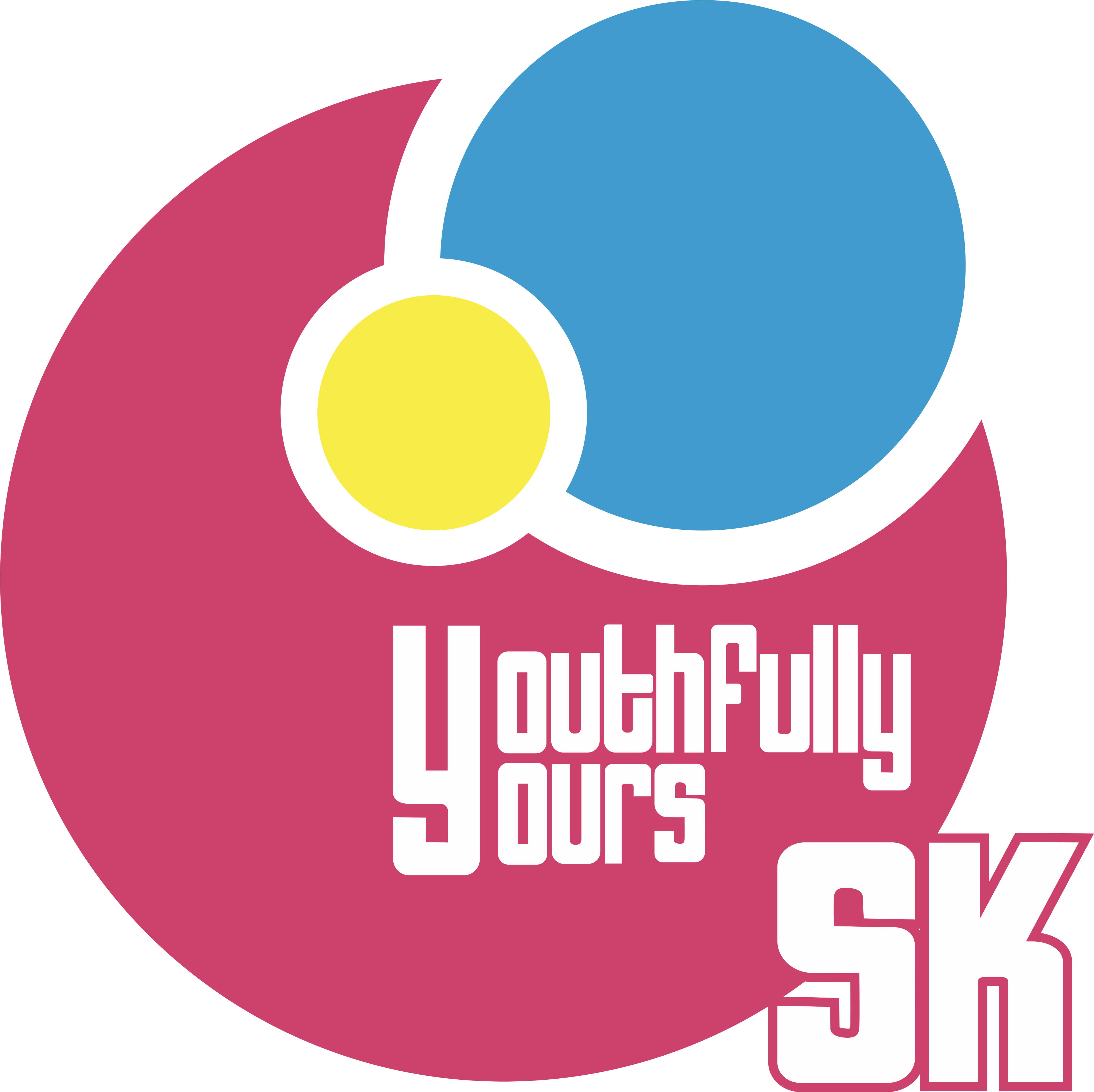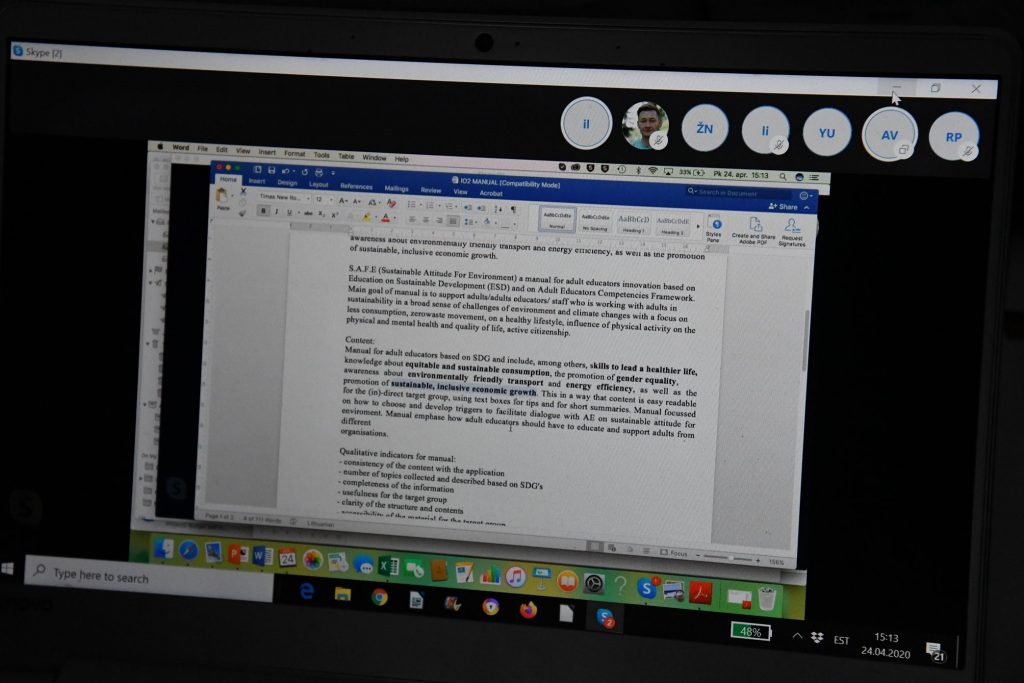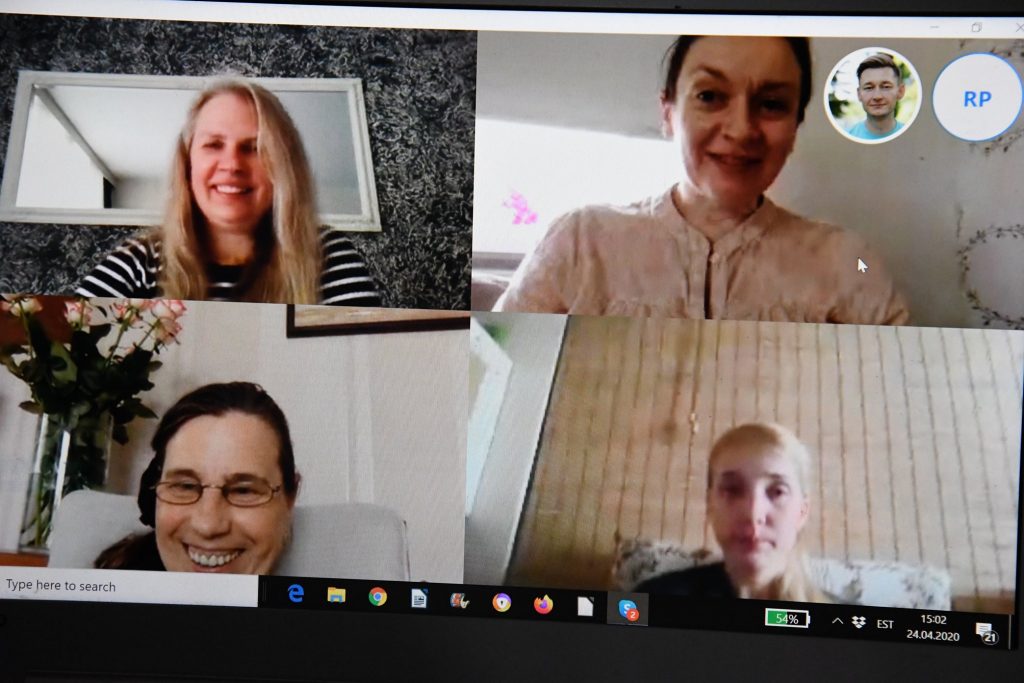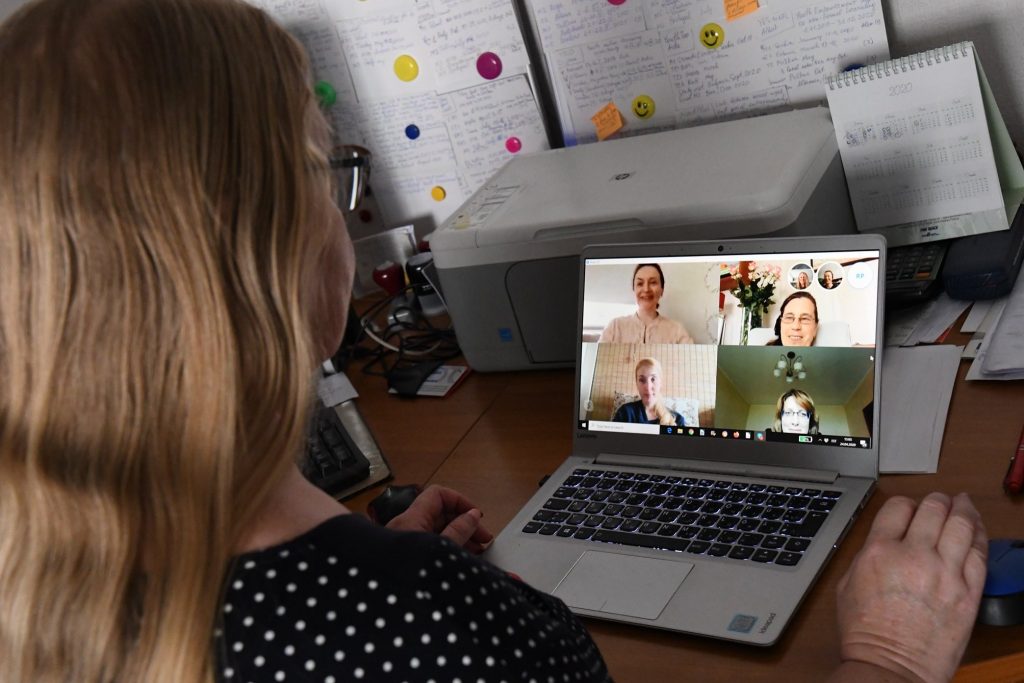What is the current situation of education toward sustainable development goals among adults?
The Caste study S.A.F.E offers answers.
The study has been elaborated in the frame of strategic partnership project S.A.F.E: Sustainable Attitude For Environment in Adult Education.
The project is aimed at developing and extending competencies for adult educators and staff who support adults in sustainability in a broad sense of challenges of environment and climate change. The main focus is put on less consumption, zero-waste movement, healthy lifestyle, the influence of physical activity on the health plus quality of life, and active citizenship.
The study confirms a strong link among non-formal adult education, sustainability, and the Agenda 2030. The applied methodology was based on each partner country case analysis in its natural context. The main pillars of the case study were based on selected analysis criteria. The case study combined different research strategies: qualitative and interpretive research, correlational research, interpretive historical research focused on different socio-economical backgrounds, experimentation, simulation, and logical argumentation.
Each partner analyzed main adult educators’ activities based on sustainable development goals and local, regional, national actions from an individual, organizational, community, worldwide perspective.
Youthfully Yours SK presents the national perspective on education toward sustainable development goals among adults, with its EU context. We map public awareness of Sustainable development by presenting consumers’ behavior, public actions, and public opinion polls. We synthesize the needs and challenges of education for sustainable development in Slovakia, focusing on factors affecting the future of education for sustainable development, the key stakeholders in education for sustainable development, and recommendations supporting education towards these topics in Slovakia.
The Case study available ? SAFE: Case study
Project is co-funded by Erasmus+. The European Commission’s support for the production of this publication does not constitute an endorsement of the contents, which reflect the views only of the authors, and the Commission cannot be held responsible for any use which may be made of the information contained therein.
Hits: 153




